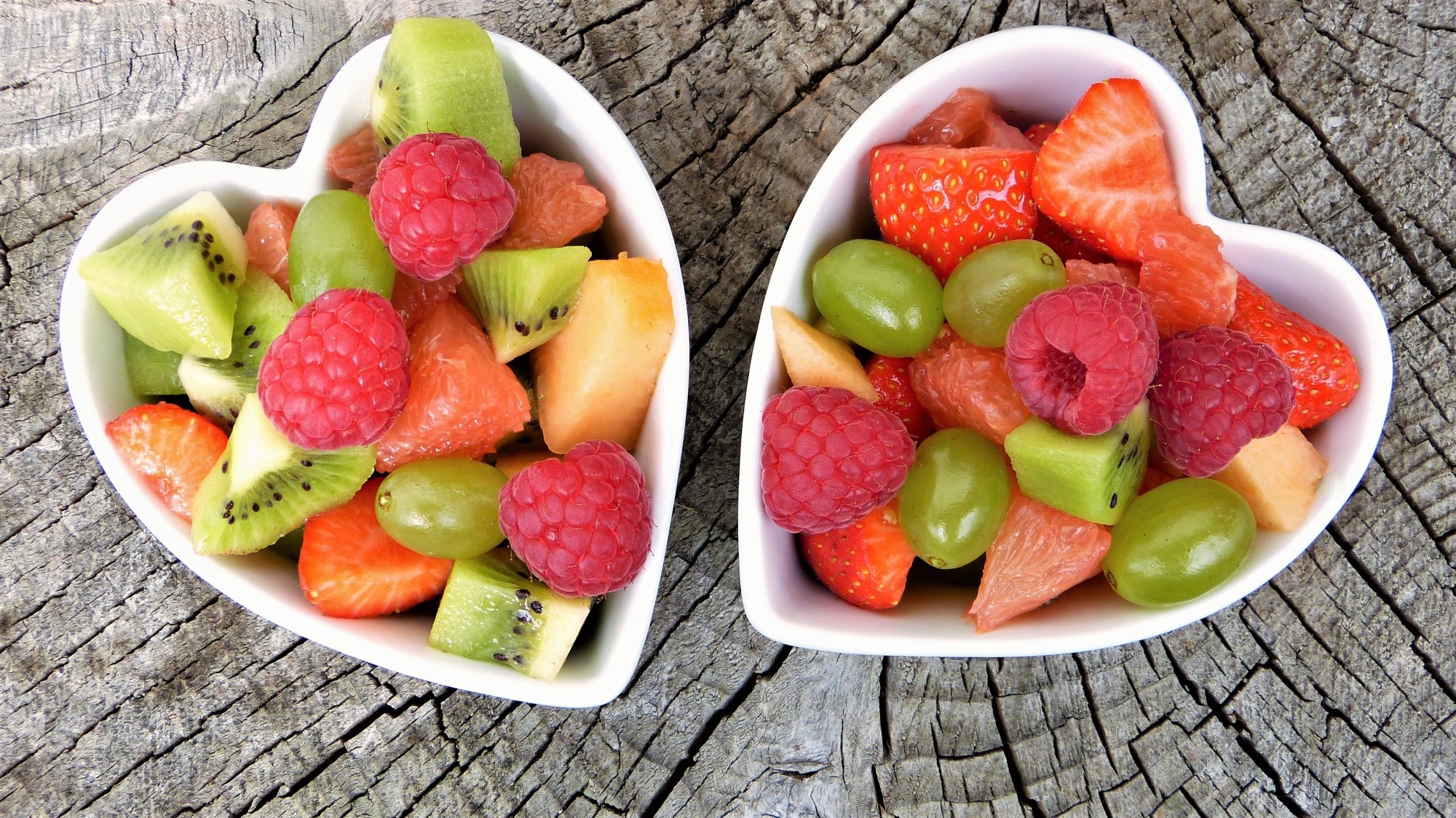Heart disease is the leading cause of death in the United States. According to the CDC, it’s responsible for one death every 37 seconds. The worst part? Most cases are preventable. That is, there are a number of things that you can do to keep your heart healthy. Take exercise, for example, it can lower your blood pressure and cholesterol. The food that you eat is important as well. If anything, it can make a huge difference in terms of your health.
What is a heart-healthy diet? Want to know? If so, you’re on the right page. Keep reading to learn more about the topic!
How Your Eating Habits Can Affect Your Heart
The foods that you eat can affect the health of your organs, including your heart. For instance, studies have shown that fatty meals can increase your risk of heart attacks.
High-calorie foods can also contribute to obesity, which can make you more susceptible to cardiovascular disease.
Eating for Heart Health
Eating for heart health can lower your risk of cardiovascular disease. Here are a few things that you might want to consider.
- Say “No” to Extra Salt
Limit your sodium intake. Too much of it can cause water retention, which can increase your blood pressure.
Over time, this can put stress on the heart. Not only that, but it can lead to the build-up of plaque in blood vessels.
How much sodium should you be eating per day? No more than 2,300 mg, according to the American Heart Association.
- Avoid Bad Fat
Limit your intake of saturated fat. Generally speaking, it’s found in animal products such as beef, chicken, and pork.
Trans fats should be avoided as well. Common culprits include fried foods and baked goods. Not only will they lower your good cholesterol levels but they’ll also increase your bad cholesterol levels.
- Eat Whole Grains
Eating three or more servings of whole grains can lower your risk of heart disease by up to 30%. They do this by lowering your cholesterol and blood pressure.
Examples of whole grains include brown rice, oatmeal, popcorn, barley, whole-wheat bread or pasta, and buckwheat.
- Go For Fiber-Rich Foods
Dietary fiber can help lower cholesterol levels. More specifically, it’s able to reduce low-density lipoprotein aka “bad” cholesterol. On top of that, it has the ability to lower blood pressure.
In other words, you’ll be at a lower risk for stroke and heart disease. Examples of high-fiber foods include beans, legumes, broccoli, oats, beets, and berries.
Chia seeds are another great choice—they’re 40% fiber by weight! For more information on healthy foods, check out Superfoods to Supercharge Your Workout.
Keeping your heart healthy, for most people, can be as easy as choosing wisely when it comes to what you put in your mouth. The bottom line is your eat habits matter. If anything, it plays a large role in your overall health!






